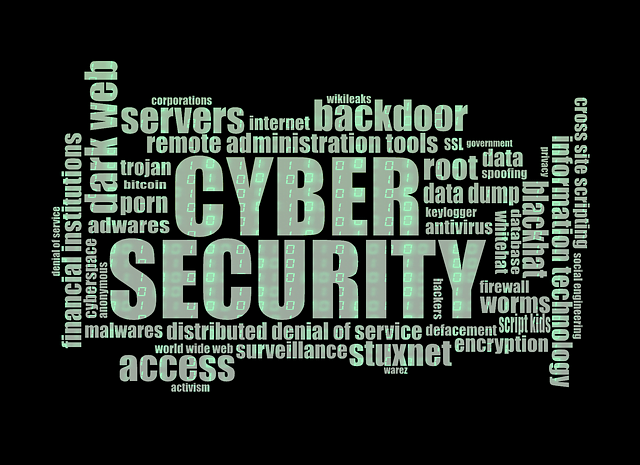How effective are VPNs in defending against phishing attacks, and what are their limitations?

Phishing attacks remain one of the most prevalent and dangerous cyber threats, targeting individuals and organizations alike. While Virtual Private Networks (VPNs) are essential tools for enhancing online privacy and security, it’s important to understand their role and limitations in defending against phishing attacks.
What is Phishing?
Phishing is a cyber attack method where attackers impersonate legitimate entities to deceive individuals into divulging sensitive information such as usernames, passwords, credit card numbers, and other personal details. These attacks are typically carried out via email, but can also occur through text messages, social media, and fraudulent websites.
The Role of VPNs in Cybersecurity
VPNs provide several key security benefits:
- Data Encryption: VPNs encrypt internet traffic, protecting it from interception and eavesdropping.
- IP Address Masking: By masking the user’s IP address, VPNs enhance privacy and make it harder for attackers to target specific individuals based on their IP address.
- Secure Remote Access: VPNs allow users to securely connect to corporate networks from remote locations, protecting data in transit.
How VPNs Help Against Phishing
While VPNs are not specifically designed to combat phishing, they can offer indirect benefits:
- Privacy Protection: By encrypting traffic and masking IP addresses, VPNs can prevent attackers from gathering information that might be used in phishing attacks.
- Secure Connections: VPNs ensure that connections, especially to sensitive services and corporate networks, are encrypted and secure, reducing the risk of man-in-the-middle attacks that could facilitate phishing.
Understanding the Limits of VPNs in Phishing Defense
Despite their benefits, VPNs have limitations when it comes to defending against phishing attacks:
- User Interaction: Phishing attacks exploit human psychology and behavior. Since VPNs primarily protect data transmission, they cannot prevent users from being tricked into revealing their credentials on a fraudulent website.
- Email and Web Content: VPNs do not filter or inspect the content of emails or web pages. Users can still receive phishing emails and visit malicious websites while connected to a VPN.
- Endpoint Security: Phishing attacks often target vulnerabilities at the endpoint (i.e., the user’s device). VPNs do not protect against malware or phishing software that may be installed on the user’s device.
Complementary Measures to Enhance Phishing Defense
To effectively defend against phishing, VPNs should be used in conjunction with other security measures:
- Email Filtering and Anti-Phishing Tools: Implement advanced email filtering solutions to detect and block phishing emails. Use browser extensions and anti-phishing tools to identify and block malicious websites.
- Two-Factor Authentication (2FA): Require 2FA for accessing sensitive accounts and services. Even if credentials are compromised, 2FA adds an additional layer of security.
- Security Awareness Training: Educate users on the dangers of phishing and how to recognize suspicious emails and websites. Regular training and simulated phishing exercises can enhance user vigilance.
- Endpoint Protection: Use comprehensive endpoint protection solutions that include antivirus, anti-malware, and firewall capabilities to protect devices from phishing attacks and other threats.
- Regular Updates and Patching: Ensure that all systems and software are regularly updated to protect against vulnerabilities that could be exploited in phishing attacks.
Conclusion
While VPNs are a vital component of a comprehensive cybersecurity strategy, they are not a standalone solution for defending against phishing attacks. Understanding their limitations and implementing complementary security measures is crucial. By combining VPNs with email filtering, two-factor authentication, security awareness training, and endpoint protection, individuals and organizations can create a robust defense against phishing threats.
Loading newsletter form...






